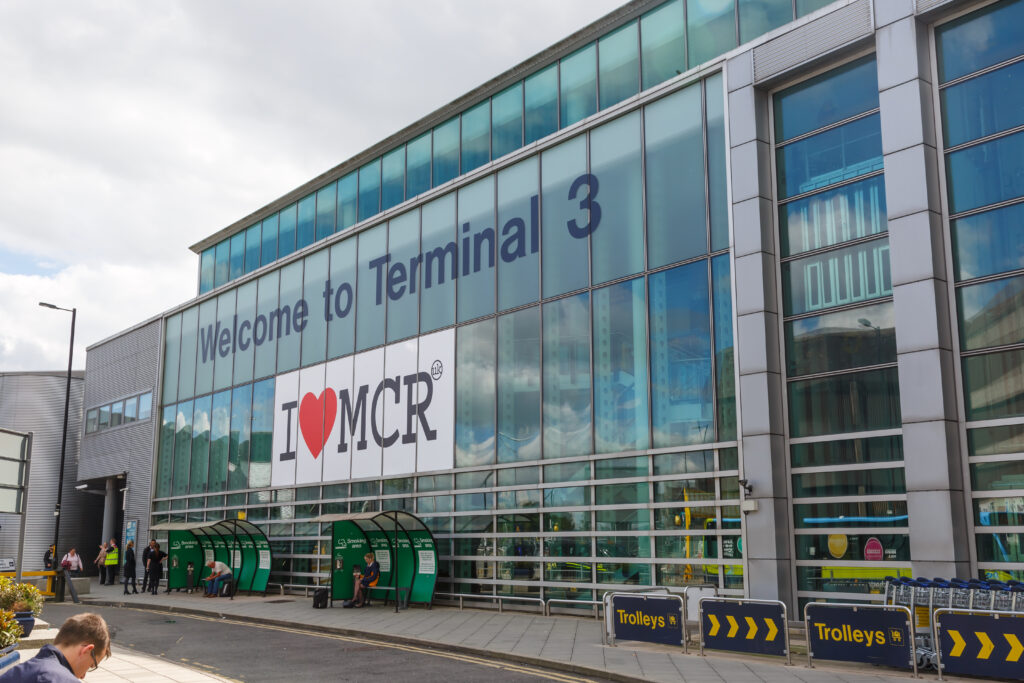Los Angeles, Bucharest and Budapest top the rankings as Ovoko’s global study highlights the true cost of daily travel for professionals.
For business travellers and urban professionals, the daily commute is more than just a logistical hurdle—it’s a defining factor in productivity, wellbeing, and quality of life. Now, a new study from Ovoko, one of Europe’s largest online marketplaces for used car parts, has revealed which cities around the world are the most stressful for commuters, offering fresh insight into how transport infrastructure impacts working lives.
The research examined 31 major cities across the US, UK and EU, analysing key stress indicators such as average commute time, congestion levels, fuel costs and transport inefficiency. The findings paint a sobering picture of urban mobility, with Los Angeles emerging as the most stressful city for commuters globally.
With an average one-way journey of nearly 57 minutes and congestion levels at 43%, Los Angeles commuters lose an estimated 74 hours per year in rush-hour traffic. “Los Angeles represents everything that can go wrong with urban transport planning,” said Kazimieras Urbonas, Supplier Excellence Manager at Ovoko. “Its sprawling layout and limited public transport options leave professionals with few alternatives to long, costly car journeys.”
Surprisingly, Bucharest ranks second despite shorter commute times. The Romanian capital suffers from even higher congestion—48%—and commuters lose 150 hours annually in traffic. The financial burden is also significant, with commuting costs consuming over 4% of the average salary. “Eastern European cities often lack the infrastructure investment seen in Western Europe,” Urbonas noted. “Short distances can become lengthy ordeals when systems are overwhelmed.”
Budapest and Dublin round out the top four, each facing high congestion and inefficiency scores. Dublin, despite its relatively short commute times, sees 155 hours lost annually to traffic delays. Athens completes the top five, where the economic impact of commuting is most severe—residents spend over 7.5% of their salary on transport, the highest among all cities surveyed.
For business travellers navigating these urban environments, the study offers more than just rankings—it’s a call to rethink how we move. Urbonas recommends combining flexible working hours, real-time traffic apps, and public transport options to reduce stress. “Smart planning and reliable alternatives can transform even the most challenging commutes,” he said.
As hybrid work models continue to evolve, understanding the true cost of commuting—both financial and emotional—will be essential for companies and professionals alike. In cities where time is money, the journey to work is no longer just about getting there—it’s about how well you arrive.


